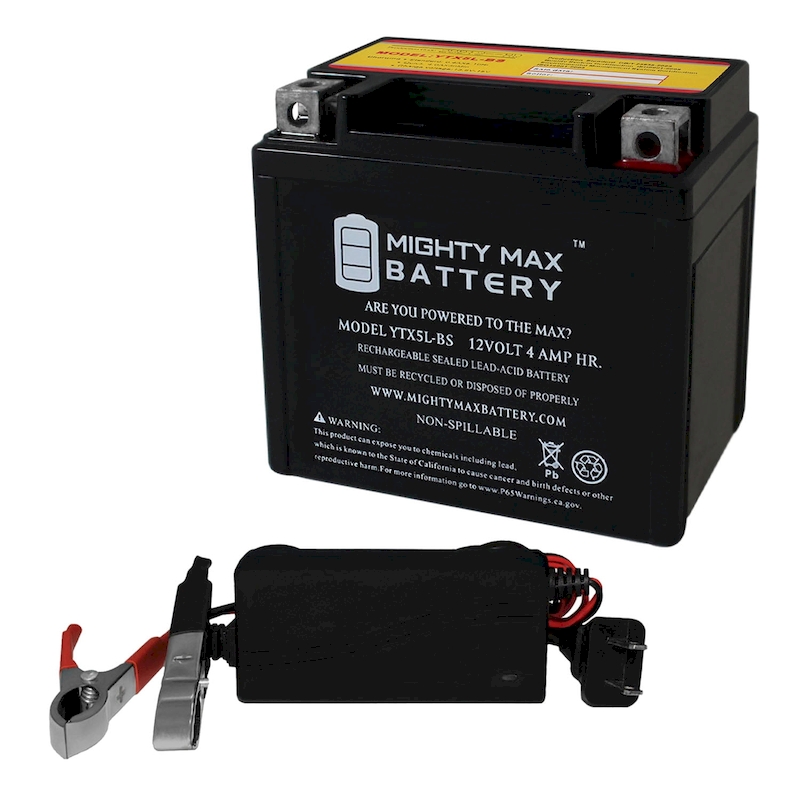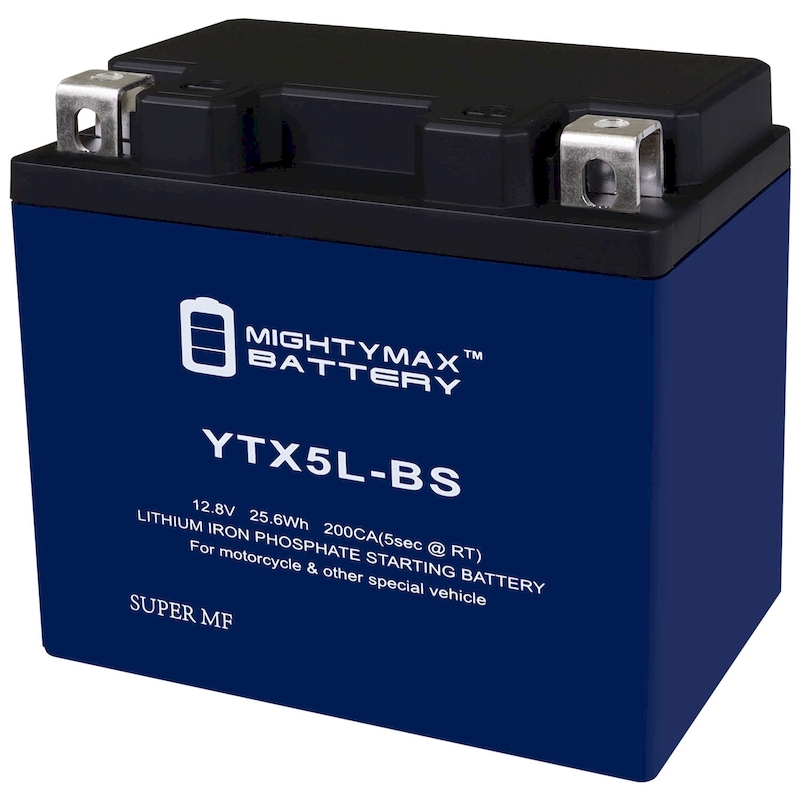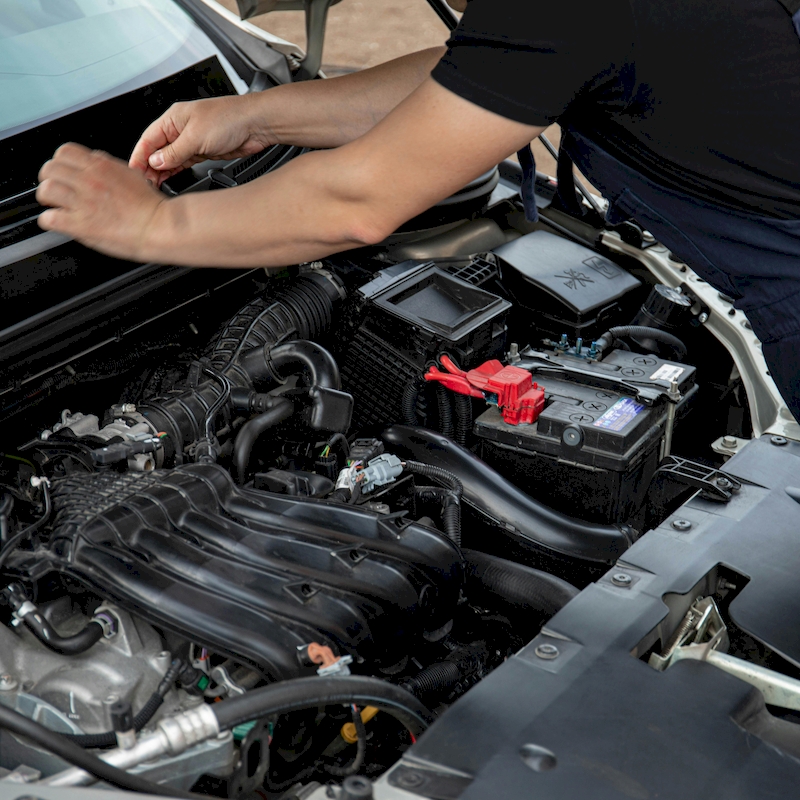When it comes to car maintenance, one vital component that often goes overlooked until it fails is the car battery. Most car owners have asked themselves, “How often do car batteries need to be replaced?” Understanding this can save you time, money, and, most importantly, prevent you from being stranded. The lifespan of a car battery typically ranges from three to five years, but various factors influence how often you should replace it. This article explores everything you need to know about car battery replacement, including signs that your battery may be failing, tips for prolonging your battery’s life, and what to consider when purchasing a new one.

Understanding the Basics of Car Batteries
Before diving into specifics, it is crucial first to understand the primary functions of a car battery. A car battery supplies the necessary electrical energy to start your vehicle’s engine and powers the electrical systems when the engine is off. Generally, a conventional lead-acid battery is what you’ll find under the hood, though newer technologies such as lithium-ion are gaining popularity.
The average lifespan of these batteries varies significantly based on your vehicle, driving habits, and environmental conditions. This variability raises the pertinent question: How often do car batteries need to be replaced? Recognizing the signs of battery degradation is crucial for optimal vehicle operation.
Factors Influencing Battery Lifespan
Several factors contribute to how long a car battery will last. Understanding these elements will help you gauge when you might need a replacement.
- Temperature Extremes: High heat can accelerate battery fluid evaporation, damaging internal components. Conversely, extreme cold can put additional stress on a battery, leading to a shortened lifespan.
- Driving Habits: Frequent short trips can prevent the battery from fully charging, degrading its performance over time. Consistent long drives may be more favorable for battery health.
- Electrical Load: Modern vehicles come equipped with various electronics, from infotainment systems to powerful headlights. An increased electrical load can force the battery to work harder and may lead to more frequent replacements.
- Battery Maintenance: Regular maintenance checks, such as cleaning terminals and ensuring proper fluid levels, can extend your battery’s life. Neglecting these can lead to premature failure.
Understanding these factors will give you a better idea of how often you might need to replace your battery.
Signs That Your Battery Needs Replacement
Being familiar with the warning signs of a failing battery can save you significant headaches down the road. Here are several common indicators:
- Slow Engine Crank: If your engine takes longer than usual to start or sounds sluggish when cranking, this may indicate a failing battery.
- Dashboard Warning Light: Most vehicles feature a battery warning light on the dashboard. If this light illuminates, it’s time to check your battery and possibly replace it.
- Electrical Issues: Flickering headlights or issues with power windows may indicate a weakening battery.
- Corrosion: If you notice an acid buildup around the battery terminals, it’s a telltale sign that your battery is struggling.
- Old Age: As a rule of thumb, if your battery is more than three years old, it’s wise to test it regularly and consider a replacement after five years.
By being alert to these signs, you can maintain your vehicle’s reliability and prevent sudden failures.

Best Practices for Battery Maintenance
Good maintenance can significantly influence the longevity of your car battery. Here are some best practices to extend its life:
- Regular Inspections: Check your battery every few months for any signs of wear or corrosion. Clean the terminals and ensure a snug connection.
- Avoid Unused Load: Make it a habit to turn off all electronic devices when you leave your vehicle. An overlooked radio or interior light can drain the battery.
- Temperature Control: If applicable, store your vehicle in a garage or shaded area to reduce exposure to extreme temperatures that could impact the battery’s health.
- Keep It Fully Charged: Regular, longer drives can help maintain battery health. If your vehicle sits idle for extended periods, consider using a battery maintainer.
- Professional Testing: Routine battery testing at a service center can identify potential issues early, allowing for timely replacements.
Conducting these simple maintenance tasks can help you extend the life of your battery and answer the question of how often do car batteries need to be replaced.
Choosing the Right Replacement Battery
When the time comes to replace your battery, choosing the right one for your vehicle is essential. Here’s what to consider:
- Brand and Type: Opt for quality brands that match your vehicle specifications. Consult your owner’s manual for the recommended battery type, as using an incompatible battery can lead to poor performance.
- Cold Cranking Amps (CCA): This is a critical measure for battery performance in cold weather. Choose a battery with a suitable CCA rating, particularly if you live in colder climates.
- Warranty: Look for batteries with a solid warranty that covers both replacement and service. A longer warranty often indicates a higher-quality product.
- Price vs. Quality: While budget constraints are a reality, investing in a quality battery can save you money in the long run. Cheaper batteries may not offer the same reliability and longevity.
The Environmental Impact of Batteries
Car batteries have a significant environmental impact once they reach the end of their life cycle. However, when properly recycled, they can be advantageous rather than harmful. Understanding how to dispose of your battery correctly is crucial.
- Recycling Programs: Many retailers offer recycling programs for old batteries. They ensure that hazardous materials are handled safely while recovering valuable metals.
- Professional Disposal: An alternative option is to take your battery to a professional disposal facility that specializes in hazardous waste.
- Impact of Improper Disposal: Never dispose of batteries in regular trash, as this can lead to toxic leaks that harm the environment. Always opt for recycling to minimize your carbon footprint.
Taking these steps will not only follow ethical practices but also play a part in preserving our environment.

Final Thoughts on Battery Replacement Cycle
In conclusion, when pondering how often car batteries need to be replaced, the answer isn’t always straightforward. With many variables involved, from environmental influences to personal driving habits, being informed and proactive is crucial.
Regular maintenance checks, an understanding of the signs of battery failure, and staying updated on the latest technology can empower car owners to make informed decisions.
Knowing the average lifespan, staying vigilant about battery performance, and seeking professional advice when necessary can enhance your driving experience and keep you on the road longer.
Investing in a good quality battery and incorporating effective maintenance practices today can equate to reliable vehicle performance tomorrow. Therefore, the next time you ask, “How often do car batteries need to be replaced?” remember that the answer is just a part of a more extensive dialogue regarding care, maintenance, and technological advances in the automotive industry.
Conclusion
In summary, knowing how often do car batteries need to be replaced can help you maintain a reliable vehicle and avert potential issues that arise from battery failure. Regular inspections, good maintenance practices, awareness of signs indicating a failing battery, and being informed on how to choose the right replacement are all critical aspects of car battery care. As a responsible vehicle owner, understanding these components will empower you to make informed decisions related to your car battery, not only for your convenience but also for the sake of our environment.
By monitoring your battery’s health and adhering to best practices, you can prolong its lifespan, ensuring your vehicle runs smoothly and efficiently for years to come. Keep an eye on your battery, and you’ll be less likely to face the frustration of unexpected replacements.

